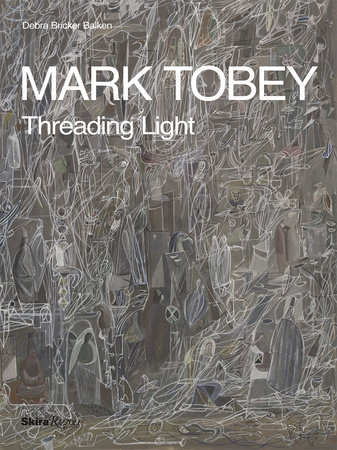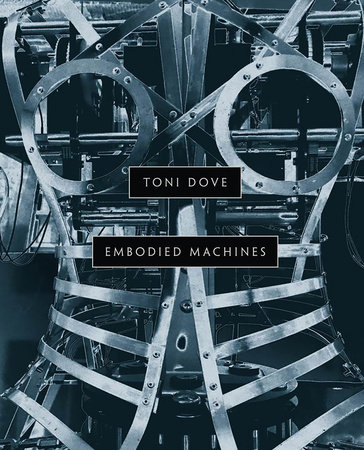Mark Tobey: Threading Light
Author Debra Bricker Balken
- Publish Date: May 02, 2017
- Format: Hardcover
- Category: Art - Individual Artists - Monographs
- Publisher: Rizzoli Electa
- Trim Size: 9 x 12
- Pages: 208
- US Price: $55.00
- CDN Price: $75.00
- ISBN: 978-0-8478-5904-7
Reviews
—Rob Weinberg, Apollo
"This exhibition excavates Tobey as a global artist for now, concerend with east-west fusion--Japanese calligraphy was a key influence--and eastern philosophical belief in spiritual unity."
—Jackie Wullschlager, The Financial Times
"Tobey’s accomplishment was to generate an overall, organically wiry calligraphic approach that exuded a gauzy poetry. Unlike Pollock’s more stentorian all-over paintings, Tobey’s quietly beckon the viewer to come in."
—Peter Plagens, The Wall Street Journal
"Tobey's work is subjective, but he wasn't excavating his psyche the way his Abstract Expressionist colleagues were, and his Baha'i faith simmers through his paintings. His white writing might be divinity itself."
—Cate McQuaid, The Boston Globe

